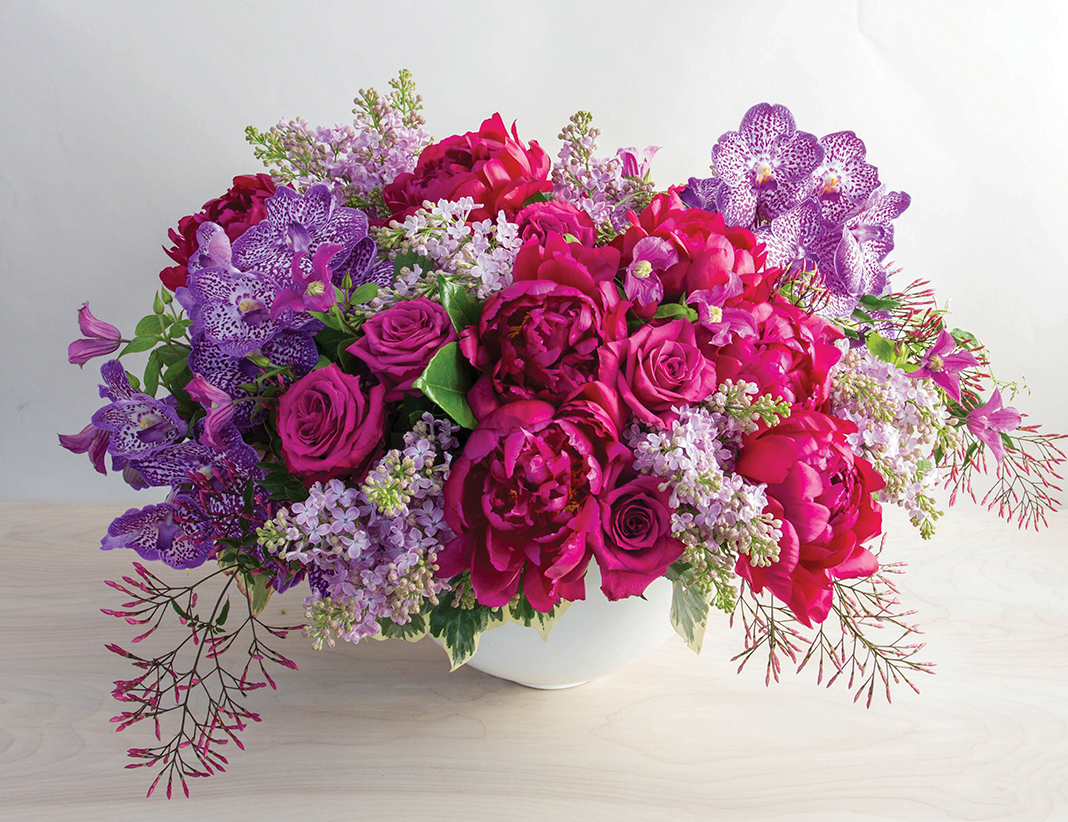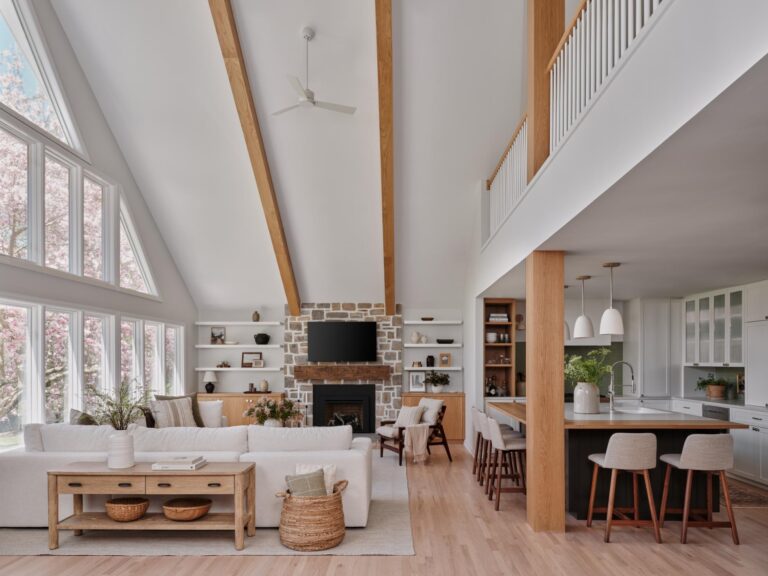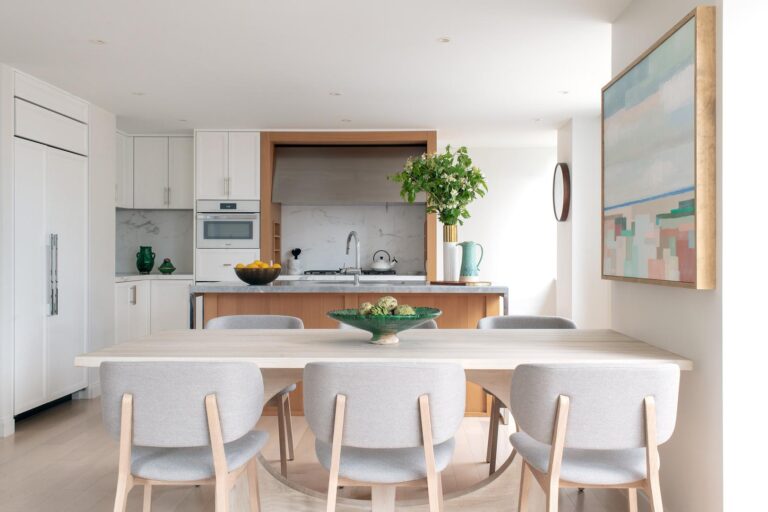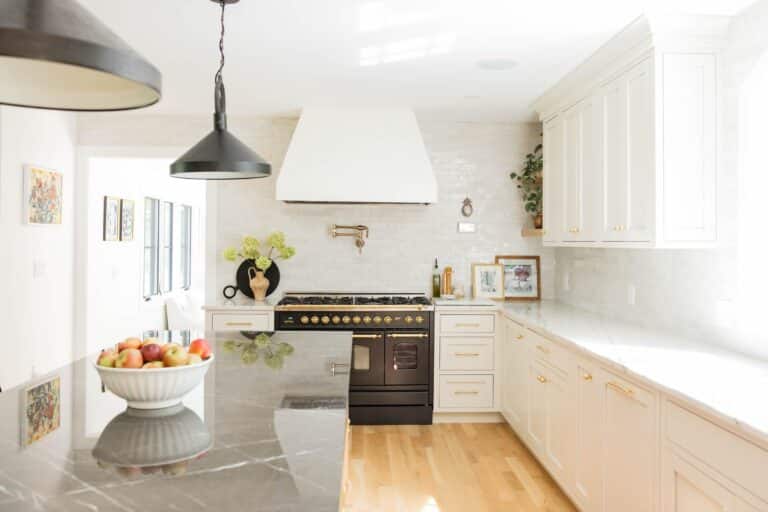Forget prim and proper flower arrangements. The new way to style your blooms is to leave things a bit untamed. Top florists share how to get this fiercely beautiful look.
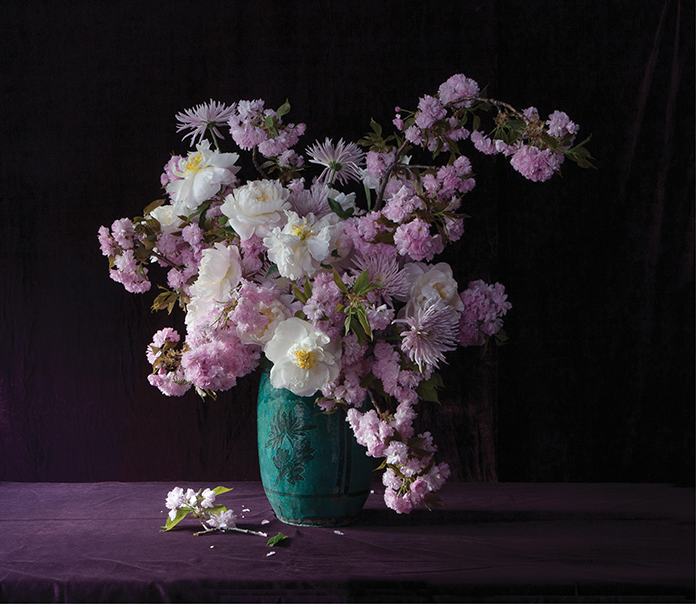
On the spring runways, the best fashion looks took risks and declared a very personal sense of style. That same individualistic vibe is popping up in other art forms, including floral design. “I think people are looking for looser, lusher composition that feel more natural, minus the gimmicks,” says Lewis Miller, a New York City florist and author of the new book, Styling Nature. Miller, whose clients include Chanel and the Whitney Museum, says that breaking from convention and assembling flowers with abandon often creates more interesting results. “It’s that arrangement that looks like it’s from the garden—but gosh, who’s garden?” he says. Here’s more inspiration for wildly chic creations:
Think Greens First, Then Flowers
“Begin building the shape of your arrangement with your greens. Fromthere, start filling in with your flowers,” says Beth Zemetis of Blush Floral Design in Madison, CT. “I like to create a focal point with say, a big lush cluster of peonies off to one side, then build around it.”
Keep Things Off Balance
“Use odd numbers of any particular stem to avoid the look of ‘pairs,’ which can make an arrangement seem boxy and unnatural,” says Mairead Travins of Flowerkraut in Hudson, NY. “Also, group similar flowers together at different heights rather than spreading everything evenly through an arrangement—this helps prevent the stuffy, traditional look.”
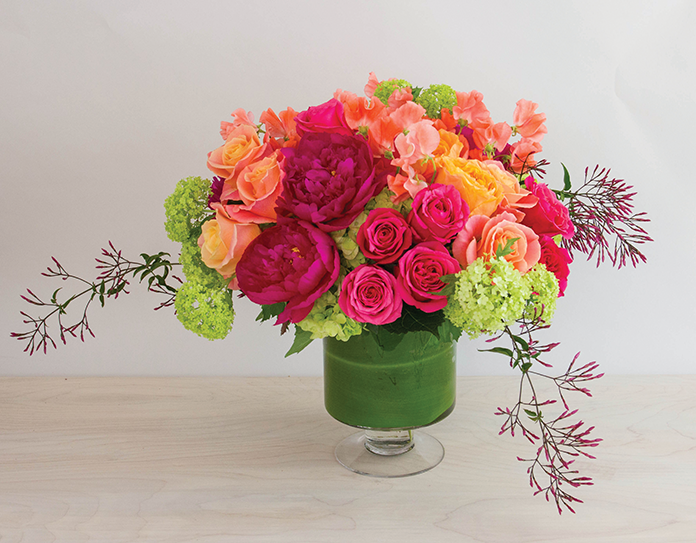
Go Big and Bold
“I like to push proportions to their max sometimes,” says Lewis. “Let things fall, soar, mass and group in a way that feels natural but not exactly right.” You can also stick to one color palette but “play with various shades as well as sizes of blooms,” says Denise Porcaro, founder of Flower Girl NYC. “Modern arrangements look clean when they’re monochromatic.”
Branch Out
“Make a project your own by including unusual textural items like berries, dried pods, or sculptural branches,” says Travins. “I like to use everything from blackberries and dried grass to citrus branches and big exotic flowers. Get creative and do it your own way.”
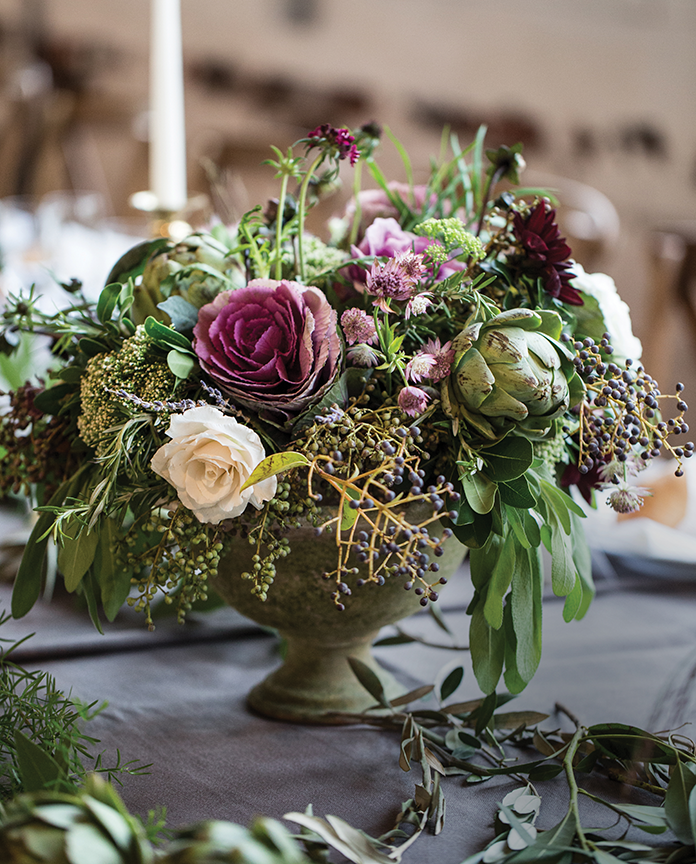
Remove the Excess
“Build in steps, knowing that you can go back,” says Porcaro. “Remember to spin your arrangement frequently and look at it from all angles.” Then go in and edit. “The biggest mistake people often make is adding too many elements,” says Julio Sales, lead designer at Winston Flowers in Greenwich, CT. “We like to say, ‘let the stems or branches speak to you, don’t overwhelm them with noise.’”
Contain It Creatively
“Hearty, thick stems such as German iris look best in an equally hearty earthenware jug or old galvanized pail,” says Miller. “Tiny fritillary need a delicate porcelain or glass vase that can support the elements but allow the individual stems to dance.” Another option: “A footed compote-style bowl that lifts an arrangement off the table so flowers, vines and berries overflow,” says Zemetis.
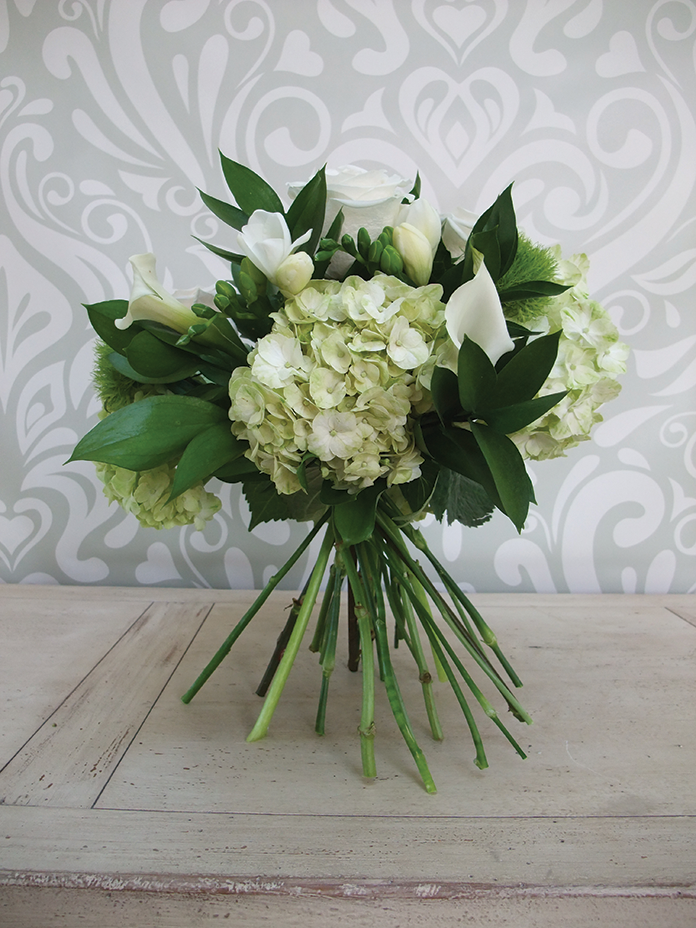
Hydrangeas, calla lilies, roses, freesia and ruscus, by McArdle’s Florist & Garden Center
Make Your Arrangement Last
“Using flower food or a floral nutrient makes a world of difference,” says Michael Derouin, director of floral design at McArdle’s Florist and Garden Center in Greenwich, CT. In addition, “use fresh water, cut the stems at a 45 degree angle and switch your water as it clouds up.”
Take Your Pick
When making arrangements, the decision is not just what flowers go into the vase, but where they come from, says florist Beth Zemetis. “Many clients want to source as many locally-grown flowers as possible,” she says. “Our area has some gorgeous flower farms so I’m happy to comply!” Zemetis’ favorites: Muddy Feet Flower Farm in Ashford, CT (at the Westport Farmers Market) and Mountain Flower Farm in Warren, VT.

